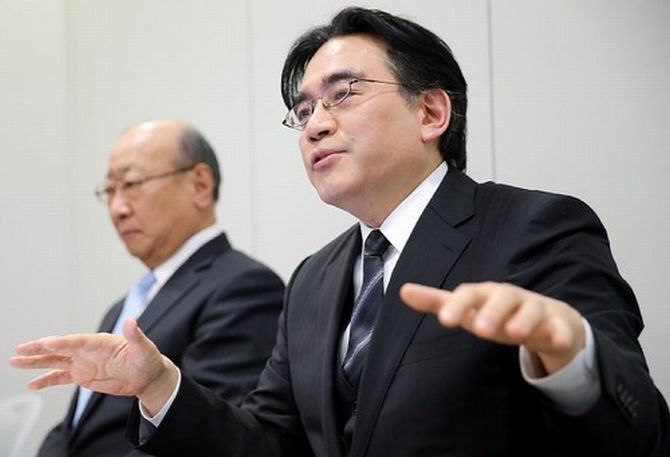Every year Japan's prominent business and economy magazine Toyo Keizai publishes the "New - Corporate Power Ranking" where it grades Japanese companies on four parameters: growth, profitability, safety and scale.
Each parameter is given a score ranging from 500 to 1000, and then the sum of the four scores determines the overall ranking in a list of 2,000 corporations. Below you can find the Japanese video game companies that appeared in the list published today, with their overall ranking and their position in last year's edition.
- 126th - Namco Bandai - Last year's position: 442nd
- 157th - Broccoli - Last year's position: not ranked
- 173rd - Nihon Falcom - Last year's position: 215th
- 292nd - Sony - Last year's position: 163rd
- 318th - Capcom - Last year's position: 701st
- 363rd - Sega - Last year's position: 133rd
- 363rd - Marvelous AQL - Last year's position: not ranked
- 390th - Tecmo Koei - Last year's position: 451st
- 567th - Konami - Last year's position: 355th
- 1647th - Nintendo - Last year's position: 219th
According to the list, Namco Bandai is the most "powerful" between the Japanese video game corps with the following scores: growth 881, profitability 807, safety 973, scale 644.
It's also interesting to see smaller companies like Broccoli and Nihon Falcom up there in the top 200. Nihon Falcom received very good scores in growth and profitability, and a whopping 982 in safety, while its scale score was only 556. Broccoli was very high in growth and safety and a bit lower in profitability, with again a low score in scale.
Sony didn't make the top 200, losing 129 positions since last year. While it received a full 1,000 in scale, its other scores were rather unflattering with growth 673, profitability 785 and safety 740.
The video game company that got hit the hardest this year is Nintendo, which isn't too surprising given the recent news. Kyoto's historical developer collapsed from last year's 219th place to 1,647th. It still got an excellent safety rating with 998, while profitability and scale were average with 774 and 708. What really penalized Nintendo was an awful growth score: It was awarded the lowest possible 500.

